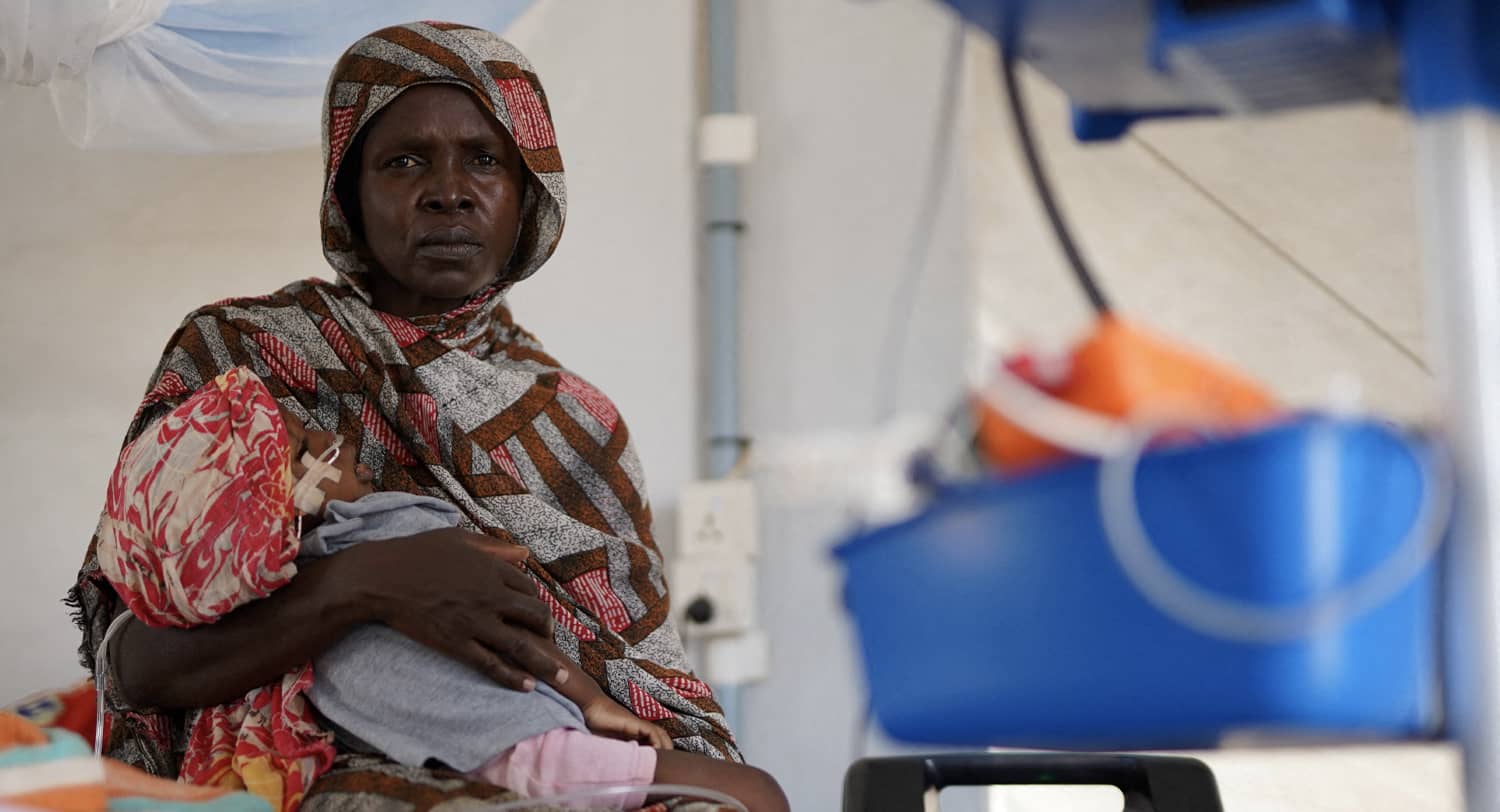Nigeria’s attacks on its Christian community and Sudan’s collapse are not isolated crises. They are chapters of the same story: the erosion of deterrence and the testing of the liberal world’s resolve by Muslim Brotherhood networks.
Nigeria
Northern Nigeria has become the epicenter of an underreported atrocity, a coordinated effort to erase a faith community disguised as disorder.
Behind the slaughter stands a familiar doctrine—the ideological legacy of the Muslim Brotherhood. For nearly a century, the Brotherhood has provided the intellectual scaffolding for movements that turn faith into a weapon and politics into absolutism. Its ideology sanctifies violence against Christians and Jews as acts of divine obedience.
The CIA World Factbook and other public profiles list how Brotherhood offshoots, from Hamas to ISIS–West Africa, derive their legitimacy from this same theological current. Boko Haram and ISIS-West Africa quote scripture to justify massacres. In Gaza, Hamas invokes “resistance” to mask religiously inspired authoritarianism.
This is not a mosaic of disconnected crises. It is a network—doctrinally linked, operationally aligned, and increasingly confident that the West lacks the will to respond.
Sudan
Nowhere is this alliance more dangerous than in Sudan, where General Abdel Fattah al-Burhan has fused military dictatorship with Brotherhood ideology and Iranian patronage.
Sudan was meant to transition toward civilian rule after decades of instability. Instead, al-Burhan revived Islamist militias, purged dissenting officers, and turned his regime into a fortress of theocratic militarism. On September 12, the Quad — the United States, Saudi Arabia, the UAE, and Egypt — issued a joint declaration stating that “the Muslim Brotherhood must have no role in Sudan’s future.” Al-Burhan responded not with diplomacy but with artillery. His forces shelled Omdurman and the eastern corridor, blocking aid and defying calls for ceasefire.
Over three years, al-Burhan has systematically consolidated power, appointing loyalists, reintegrating Islamist units, and dismantling every effort toward democratic transition. Each cycle of “reform” ends with new repression.
In addition to the Muslim Brotherhood, Iran has returned to Sudan, sending drones, and advisers. The pattern mirrors Tehran’s method elsewhere: Hizbullah in Lebanon, Hamas in Gaza, Houthis in Yemen. The goal is to encircle the Red Sea, gaining strategic depth against Israel while putting US forces in East Africa within reach of Iranian proxies. Add a militarized Sudan to that map, and the outcome is visible: a dual-shore Iranian bridgehead commanding one of the world’s most vital maritime arteries.
Such an outcome would reshape deterrence from Eilat to Djibouti. Israel’s southern flank would face a new pressure vector, and America’s long-standing military posture in the Horn of Africa would become vulnerable to drone and missile coercion.
The West’s response must be guided by both realism and moral purpose.
1. Diagnose the ideology. Movements such as the Brotherhood evolve from activism to militancy when allowed unchecked sanctuary. Treating them as mere political parties misses the point; their end state is ideological monopoly.
2. Condition engagement. In Sudan, US aid and diplomatic recognition should hinge on verifiable steps toward civilian governance and the demobilization of Islamist militias.
3. Harden the Red Sea corridor. Intelligence fusion, maritime interdiction, and layered air defense are essential. These terrorist groups share tactics, targets, and suppliers; their weapons and methods travel faster than our bureaucracies.The United States needs a strategic doctrine that unites moral clarity with deterrent credibility. Donald J. Trump’s first term offered a model: the destruction of the ISIS caliphate, the elimination of Islamic Revolutionary Guards Corps General Qassem Soleimani, the Abraham Accords, and the recognition of Jerusalem as Israel’s capital. These moves restored deterrence without entangling America in endless wars.
In Trump 2.0, the defense of Africa’s Christians is not only a moral imperative; it is a measure of whether the West still believes its own principles. If the US retreats, the vacuum will be filled by Tehran, Moscow, Beijing, and the Brotherhood networks that thrive in disorder.
If the US leads, it can still shape an order in which faith and freedom coexist—the order that once defined Western civilization itself.
History’s judgment will not depend on how eloquently we condemn evil, but on whether we confront it.

